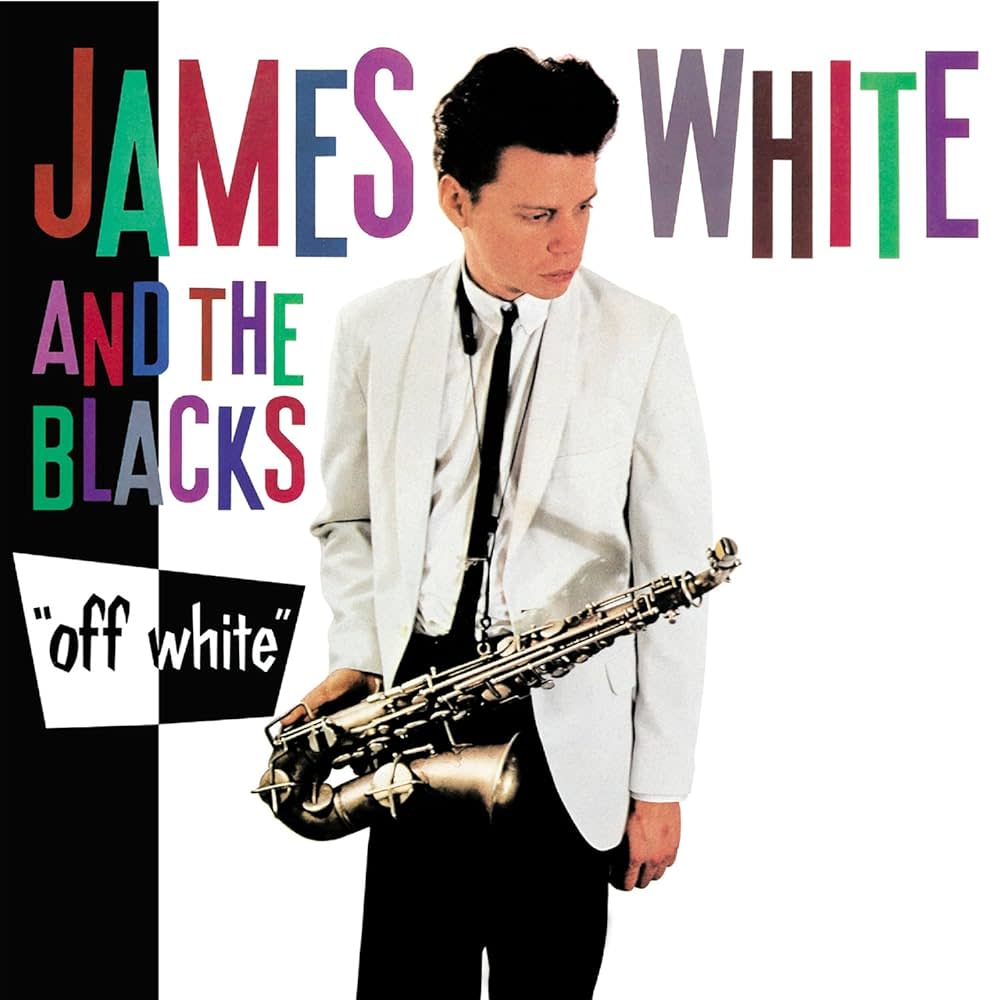Milwaukee native James Chance defined aggressive 'no wave' music

- Oops!Something went wrong.Please try again later.
- Oops!Something went wrong.Please try again later.
From the late 1970s into the early '80s, Milwaukee native James Chance startled the New York rock world with his aggressive blend of punk, funk, free jazz and sometimes disco − and, for a time, with his confrontational stage antics, jumping into the audience and grabbing people to get their attention.
"I didn’t see any other way to get a reaction out of them cuz they were so determined not to react. I just felt, that I had to do this in order to break through their defenses," he told Pitchfork in a 2003 interview. "Also, it was fun. I got a big kick out of provoking people, I don’t deny that."
Chance died June 18 in New York at age 71 after several years of poor health, according to a GoFundMe post by his brother, David Siegfried.
He was a leading figure in the loose subgenre that came to be known as no wave, tapping the forcefulness of punk but rejecting rock cliches, and incorporating both noise and music from beyond the rock continuum, especially funk and jazz. His band The Contortions was among the four groups documented on the influential compilation album "No New York" (1978).
Born James Siegfried in 1953 in Milwaukee, he grew up in the city and attended St. Sebastian School. In 1968 his family moved to Brookfield; his father Donald was business manager of the Elmbrook School District, his mother Jean was a teacher in the Kettle Moraine school district.
In a 1981 Milwaukee Journal interview, Donald Siegfried said his son was a bright child who was reading before he went to kindergarten. Young James wrote poetry and war stories; his dad thought he'd grow up to be a writer. But after Donald bought James a secondhand saxophone, his full attention turned to music.
James joined local band Death, adding free-ranging alto sax solos to its doomy sound derived from the Stooges and the Velvet Underground. "I used to do a thing where I'd put my teeth on the reed and got some really horrendous noise," he told the compilers of "Brick Through the Window," an oral history of punk rock and related music in Milwaukee.
After graduating from Brookfield Central High School, he studied first at Michigan State University and then at the Wisconsin Conservatory of Music. For a time, he played in a local combo with Brian Lynch, who would go on to become a leading American jazz trumpeter.
"James was always a very uncompromising person and definite about what he wanted conceptually," Lynch told the Milwaukee Journal in 1981. "I think he's a good musician, and I give him credit for taking his ideas to the limit and getting over with it."
With little more than his saxophone, he moved to New York, where he adopted the musical name James Chance. He studied briefly with jazz saxophone titan David Murray, but saw the rock world as a better musical fit. He played in roommate Lydia Lunch's band Teenage Jesus and the Jerks before starting the Contortions. The Contortions' debut album, "Buy" (1979), introduced one of Chance's signature songs, "Contort Yourself," with tortured vocals and sax playing that matched the title.
That same year, his record label commissioned him to make a disco album, "Off White," released under another musical alter ego, James White and the Blacks. As the band name suggests, it was a jagged tribute to James Brown. Its song titles mocked the uneasy DMZ between Black and white music worlds: "White Savages," "Off Black," "White Devil." With its driving funk bass lines, it might be the best introduction to Chance/White for new listeners.
Wearing suits and ties on stage, Chance stood out in his era. He also had a jazzman's eclectic musical reach. One standout track on "Off White" was his version of "(Tropical) Heat Wave," a 1933 Irving Berlin chestnut introduced by Ethel Waters and made more famous by Marilyn Monroe in the movie "There's No Business Like Show Business" (1954).
In later years, Chance played in a variety of musical contexts, from revivals of the Contortions' sound to surprisingly straightforward jazz. He guested on Debbie Harry's solo album "Rockbird" and on the Blondie album "No Exit." He also contributed to "Medium Cool," a Chet Baker tribute compilation.
In addition to his mother, Jean, and brother, David, survivors include his sisters Jill Siegfried and Mary Koehler. "James was preceded in death by his father and greatest supporter, Donald Siegfried, in 2019," his official website states. His family plans a virtual memorial, to be announced later.
This article originally appeared on Milwaukee Journal Sentinel: Milwaukee native James Chance, who defined 'no wave' music, dies at 71

